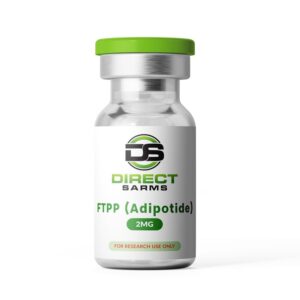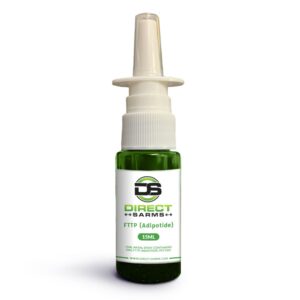FTPP Adipotide
Buy FTPP Adipotide Peptide Online From Direct Sarms Monaco
FTPP Adipotide Monaco is a research peptide that has been gaining attention in the Monaco scientific community due to its potential as a therapeutic agent for cancer and obesity. Monaco Research suggests this peptide works by targeting specific receptors in the body to induce apoptosis, or cell death, in adipose tissue.








